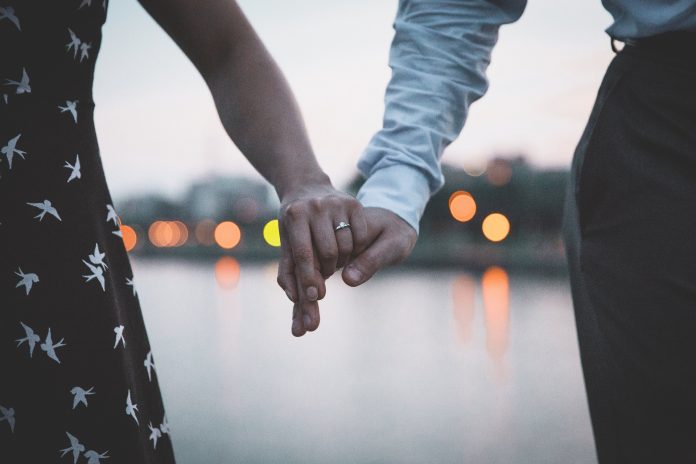How to Buy a Diamond Engagement Ring
 Buying a beautiful diamond does not have to be a difficult or stressful process. All you need to do is learn a few facts and follow a few simple tips.
Buying a beautiful diamond does not have to be a difficult or stressful process. All you need to do is learn a few facts and follow a few simple tips.
Diamonds are one of the loveliest of all gems. Simply put, a diamond is nothing more than a chunk of carbon, yet in its pure, crystallized form is the hardest transparent substance known to man, one hundred times harder than ruby or sapphire. Only another diamond can cut a diamond. This durability, along with its light, has made diamonds an enduring marriage symbol.
The purchase of a diamond can be a major investment or mark an event of great personal significance, such as engagement, marriage, or an anniversary. The value of a gem quality diamond depends on several factors: size, color, clarity, cutting quality, and correct proportions. Large diamonds are rarer than small ones, and therefore more valuable. The price, or value, of a diamond does not go up in simple steps, along with size, however. A 3-carat diamond will cost far more, per carat, then three times that of a one-carat diamond of comparable quality. Determine your budget and how much you want to spend. Express the number in a range rather than a fixed amount.
How much to spend on any gift is a personal matter, most often determined by the purchaser’s income. According to De Beers, the world’s largest source of rough and polished diamonds, two months’ salary is an appropriate amount to spend on a diamond engagement ring. The final decision rests with you as the buyer.
COLOR is the most important single factor that contributes to the value of a diamond. Several grading scales are currently in use: on the GIA scale, for example, the highest-quality color grades are D, E, and F, all corresponding to a pure “white” color, with no tinge of yellow. Further along in the scale, corresponding to moving through the alphabet to N, O, and P, a diamond would have an increasingly yellowish tint, and its value would drop steadily, all other factors being constant. Fluorescence is another important factor that is vital when grading a diamond. Fluorescence is the phenomenon through which ultra-violet light, invisible to the naked eye, is converted into visible light.
CLARITY refers to the presence of inclusions, spots, or flaws in a diamond. Most diamonds contain inclusions of other minerals, which were incorporated at the time of crystal growth. Inclusions decrease the value of a diamond. Their size and number can be determined by means of a magnifying glass or microscope. Diamonds containing no such imperfections are considered flawless (F). With increasing size and number of imperfections, the classifications are very, very slightly imperfect (VVS), very slightly imperfect (VS), slightly imperfect (SI), and imperfect (I). Each of these categories has two subdivisions, labeled 1 and 2.
CUT refers to the surface finish and polish of a diamond, as well as its proportions, which affect its beauty and hence its value. A diamond’s cut and proportion determines its brilliance and fire, making the cut perhaps the most important factor in a diamond’s beauty. Because each facet acts as a light-dispersing mirror, more facets generally mean greater beauty. The ideal cut involves a compromise, with proportions and angles that would give brilliance and also substantial dispersive color. When light enters an ideally proportioned diamond, it is reflected from facet to facet and back up through the top, maximizing its fire and sparkle. CARAT Weight refers to the actual weight of a diamond, not the face-up size of a stone. Many consumers confuse the look of a diamond’s size as the carat weight, when it is actually comparable to a gram weight.
When buying a diamond or diamond jewelry, a good rule is to opt for the best quality you can afford within your price range. With proper care, your diamond will last forever; therefore its quality should be your highest concern.












